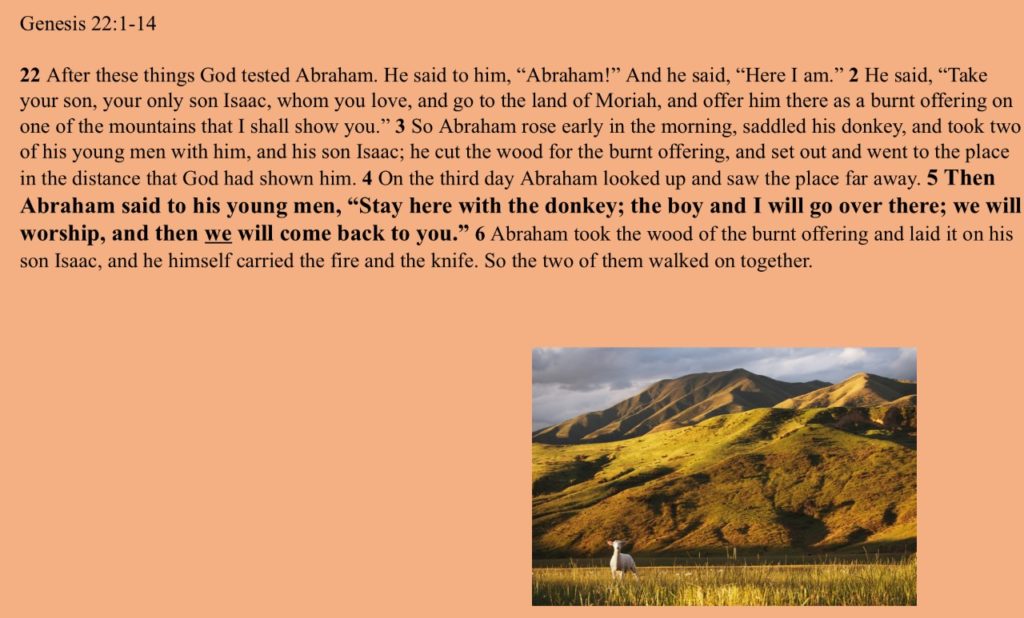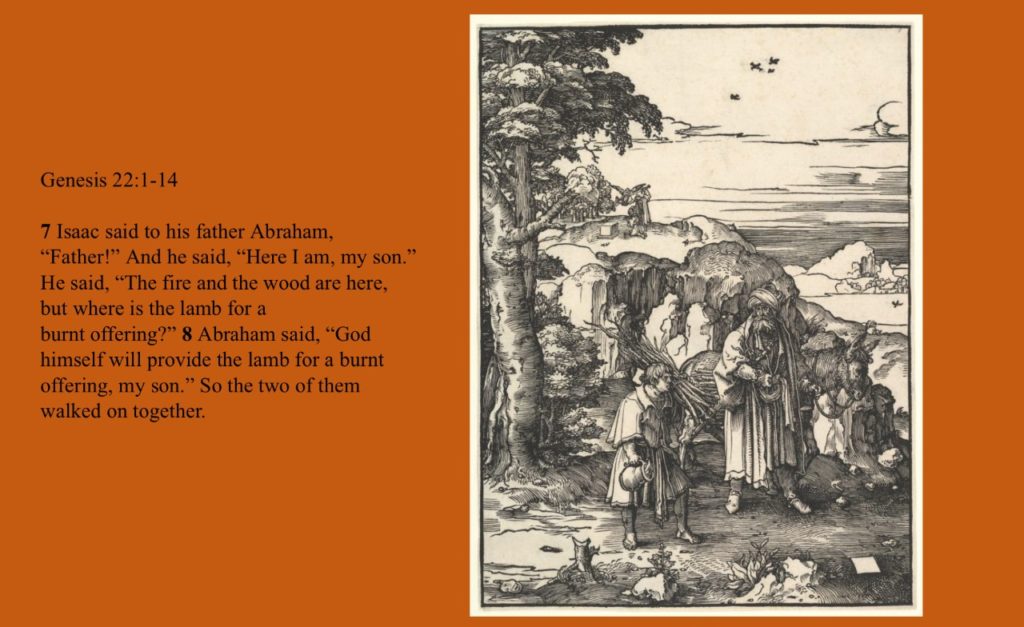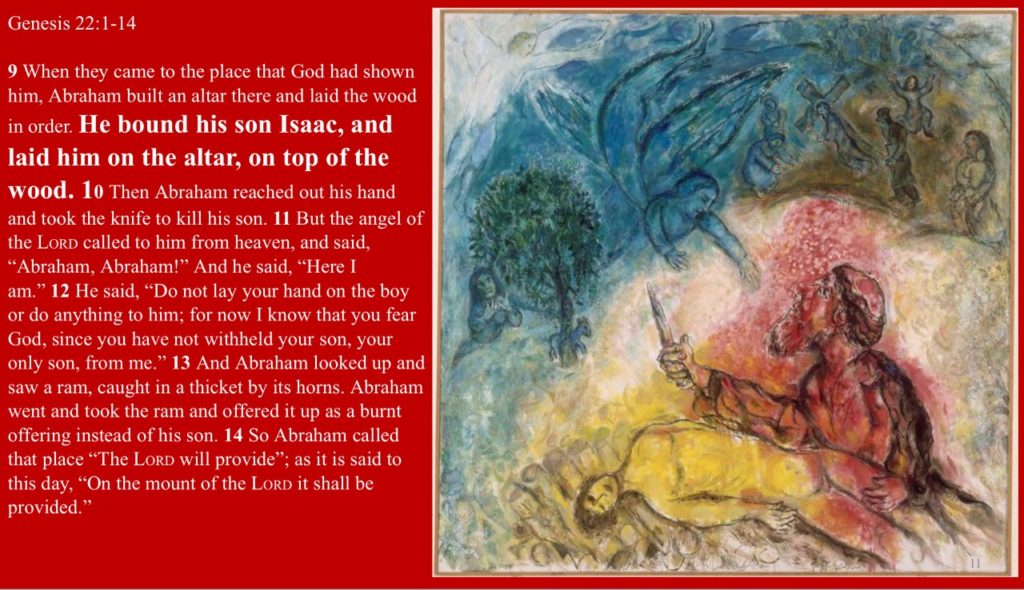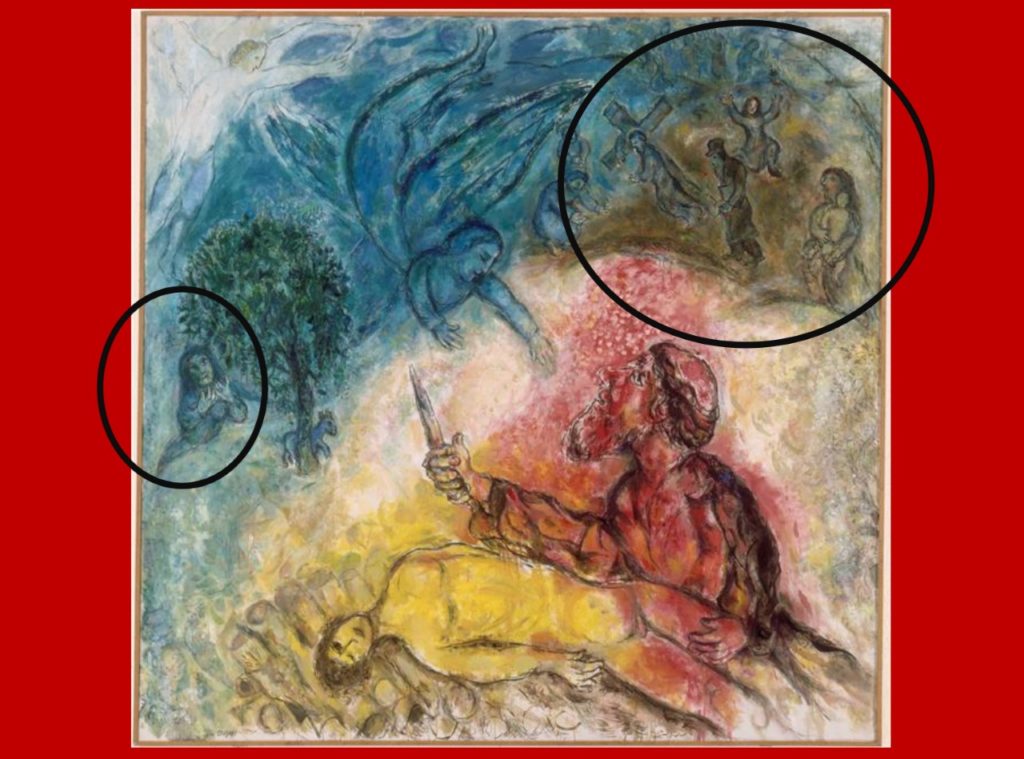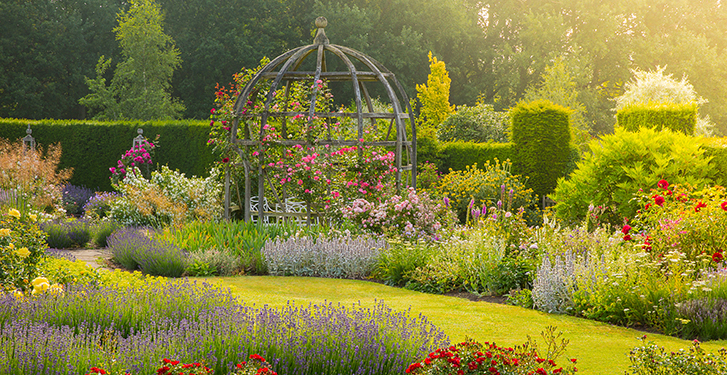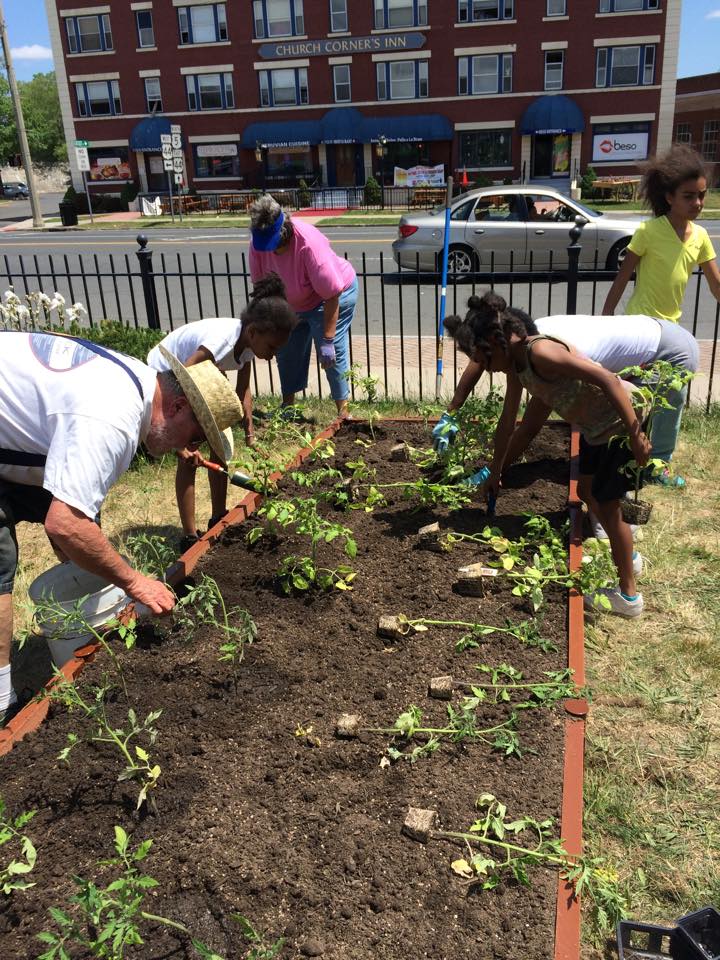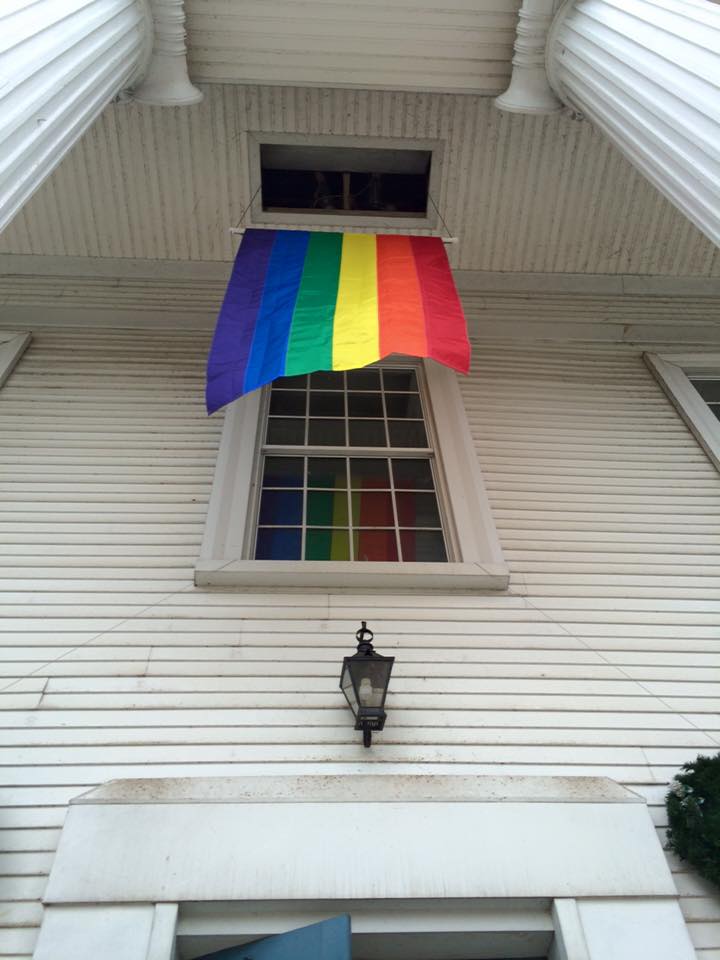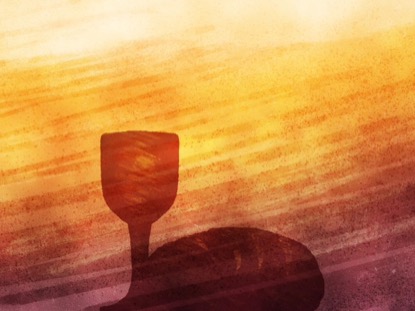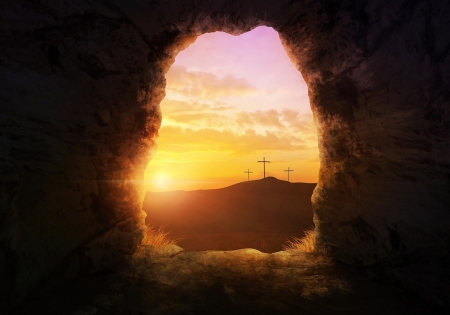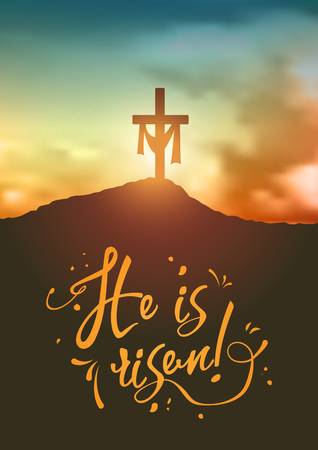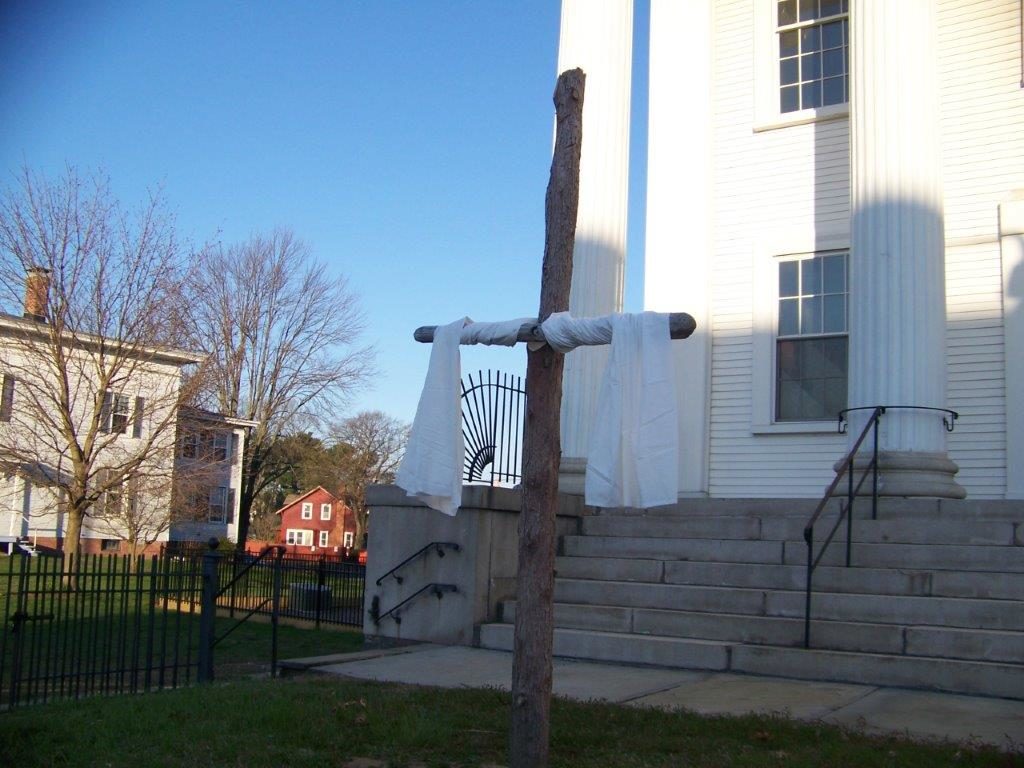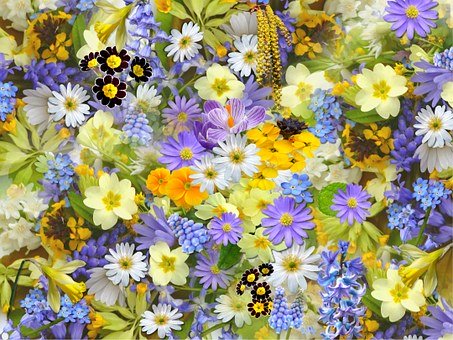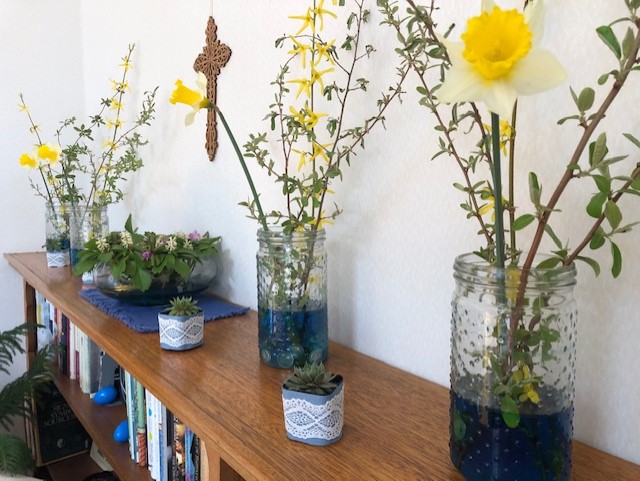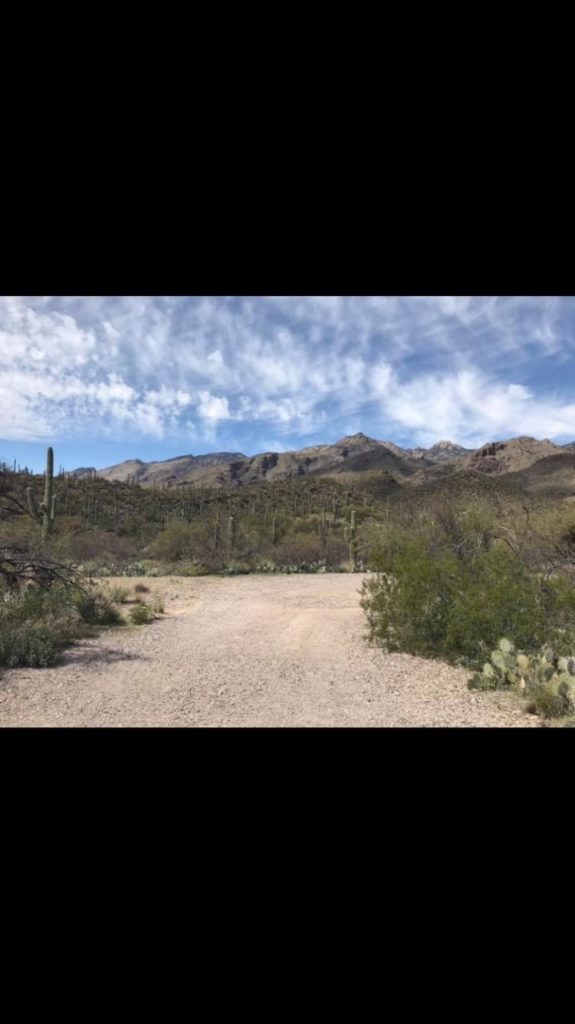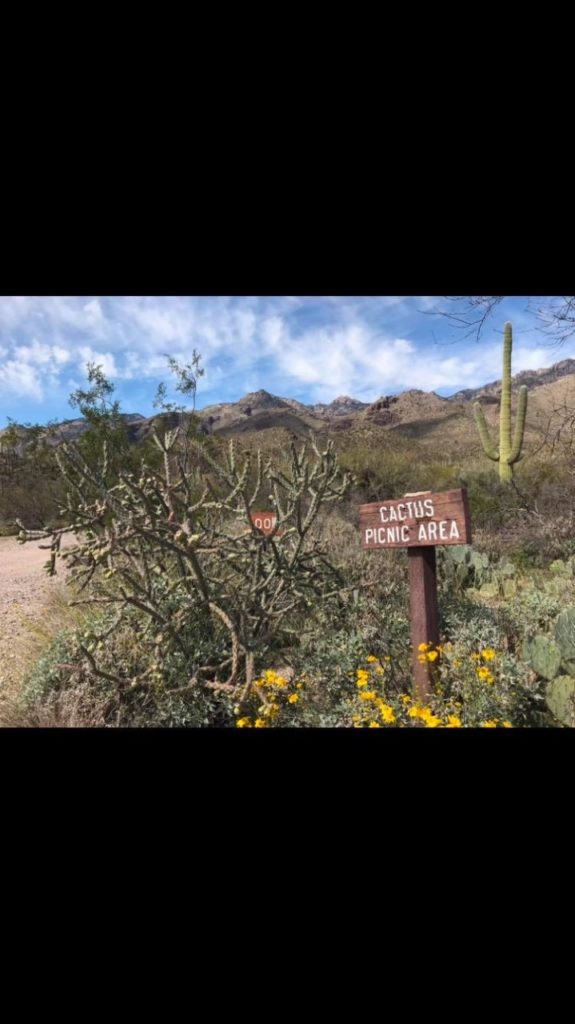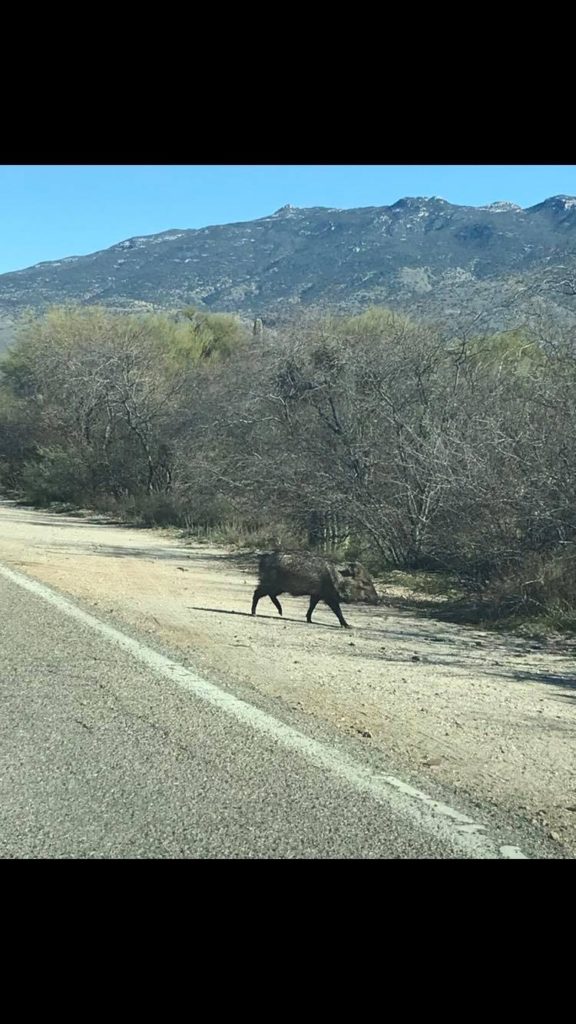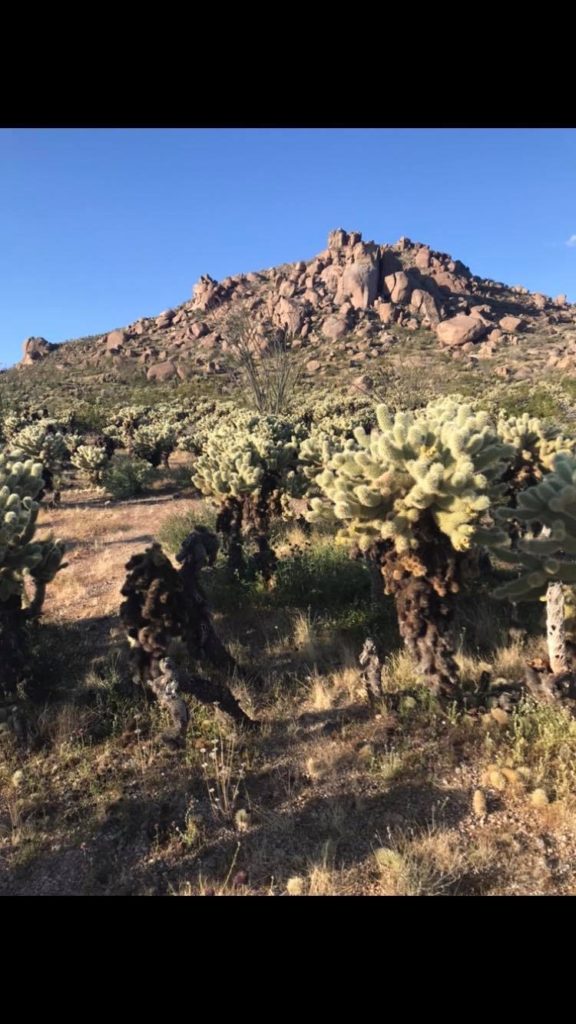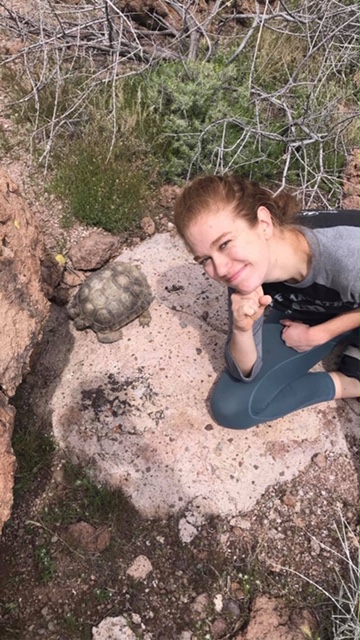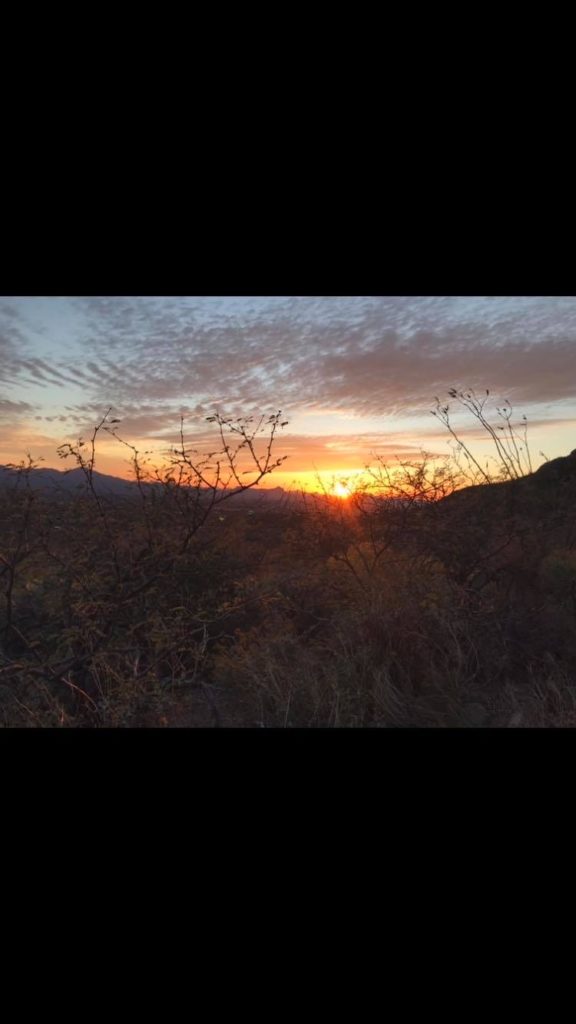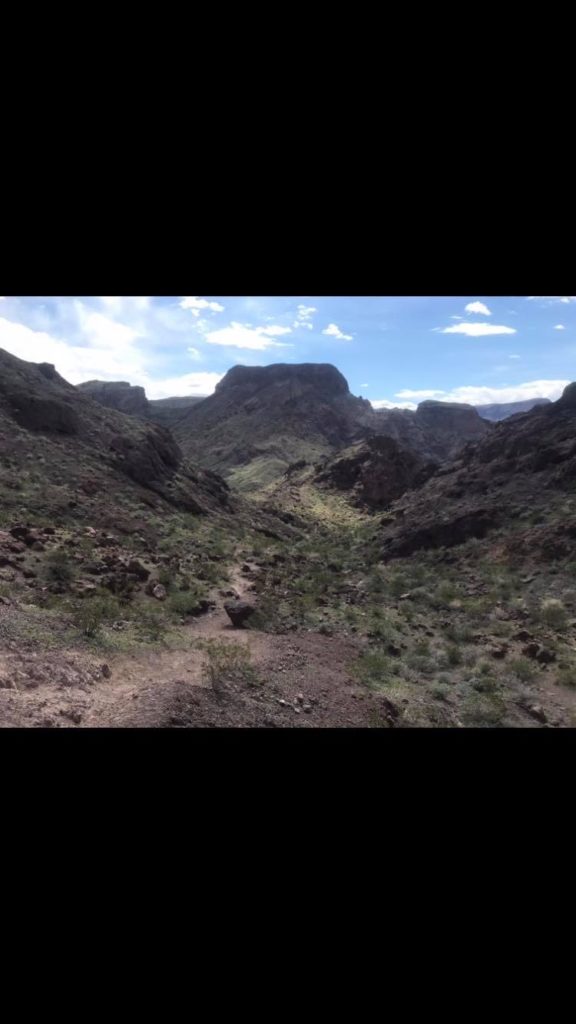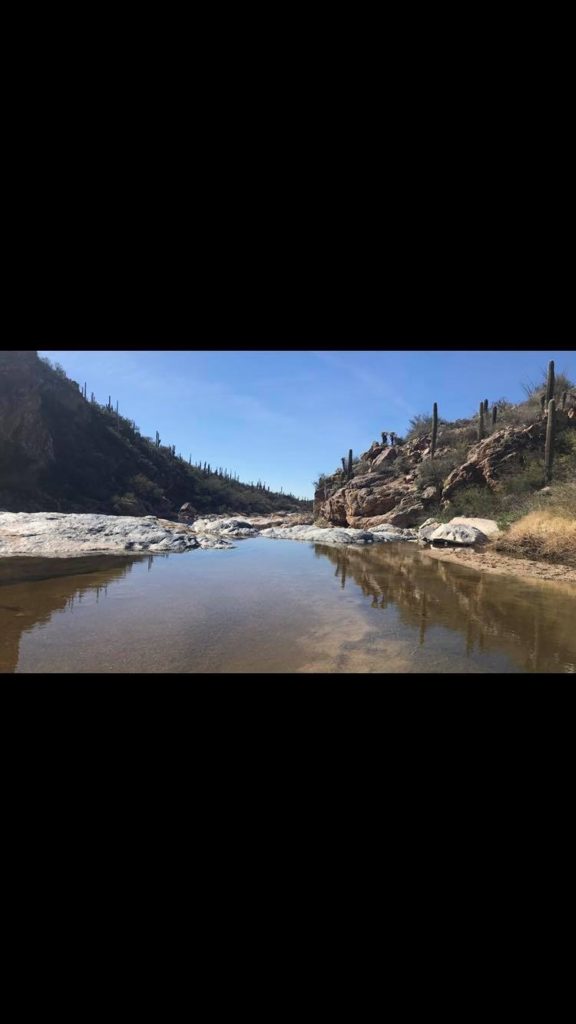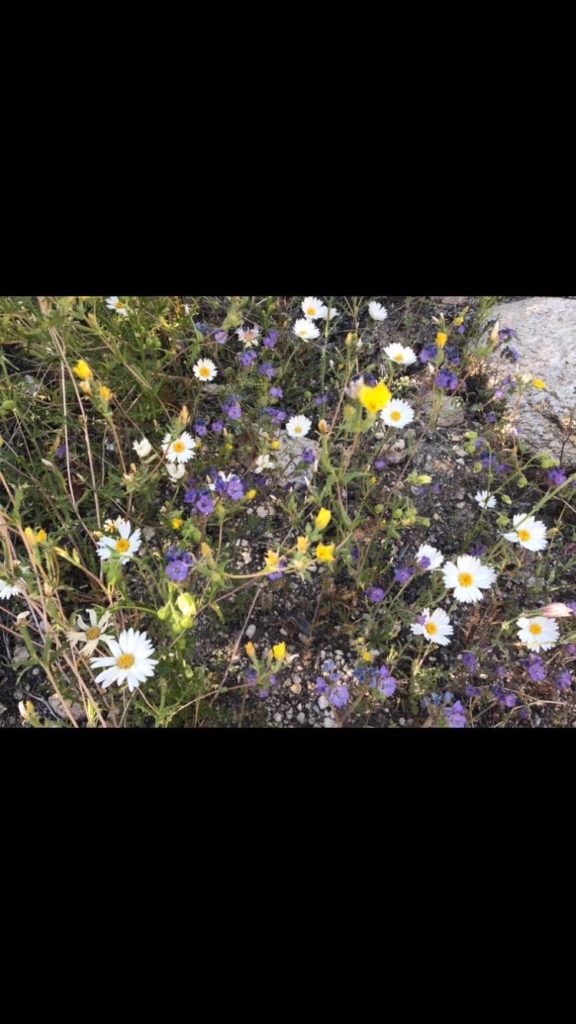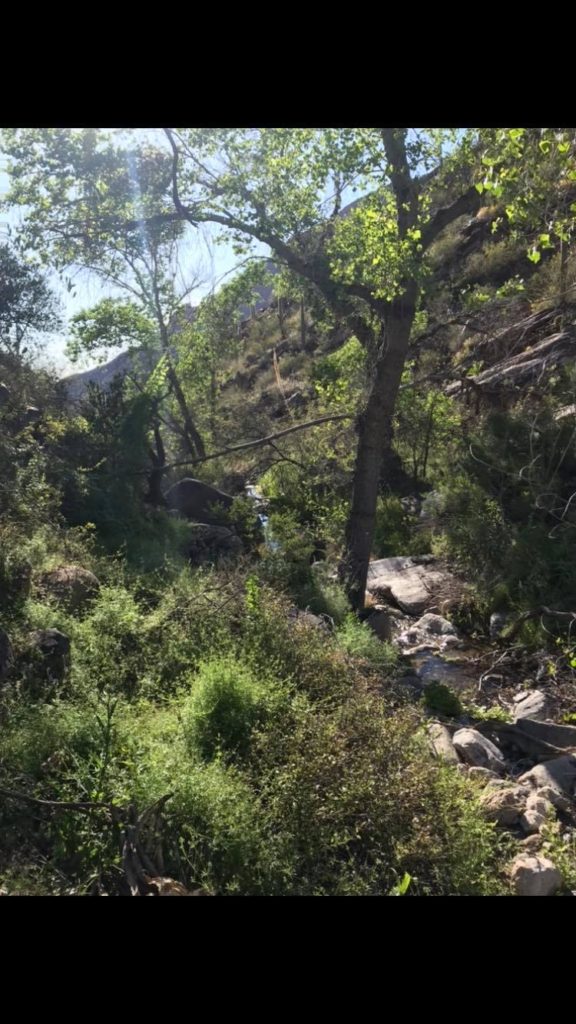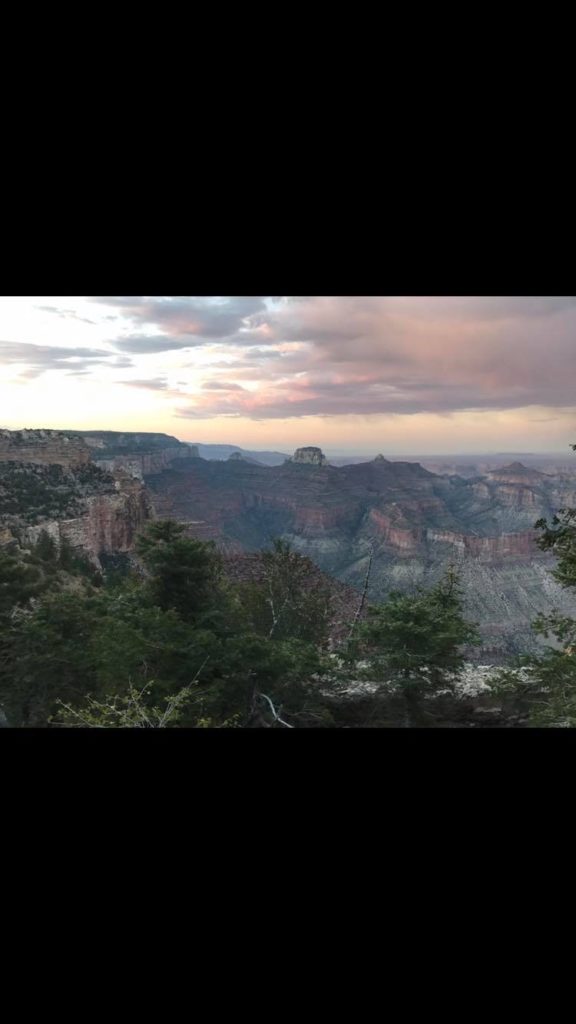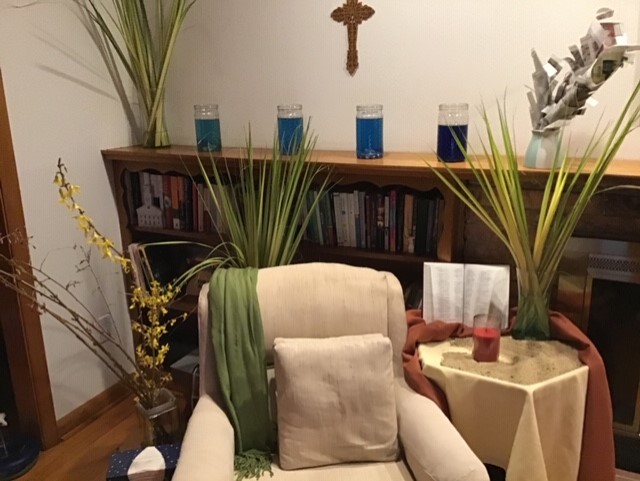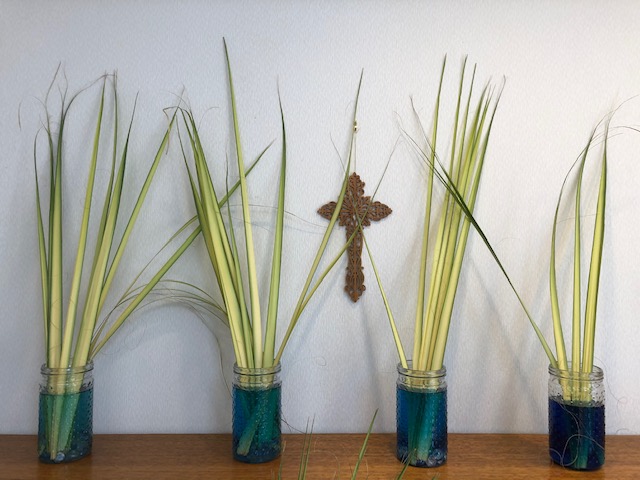SCRIPTURE INTRO:
The Bible tells us of a God who so loves the oppressed people enslaved in Egypt
That s/he parted the Red Sea and deliver them into freedom.
many a spiritual has been sung by oppressed people throughout the ages, recalling God’s great love.
The Bible tells us of a God who sent prophet after prophet to guide the people in love: care for the widow, the orphan, the immigrant, and all those vulnerable to hunger and loss.
The Bible tells us of a God who so loved the world as to send his only son, Jesus, to live with us, teach us, and die that we might finally understand that nothing can separate us from the Love of God.
The Bible tells us of a God who loves even when the people have gone astray,
Even when they have failed.
The Bible tells us of a God who loves us
whether we feel oppressed by mighty powers,
Whether we rejoice in entering the Promised Land of privilege and plenty,
Half our country might feel that way.
Whether we feel exiled from the home we thought we had,
Half our country might feel that way.
Either way,
We have the ability to decide how we respond to the great love of God.
In our lectionary scripture today, the people have entered the Promised Land and have to decide how they will live. Their leader, Joshua, makes it clear.
Interestingly, while the scripture describes the time of the Israelites in the Promised Land, some scholars believe it was actually written when the people had been exiled from the Promised Land and needed a reminder of God.
So whether you feel like you are finally in the Promised Land
or like you have been exiled and degraded,
Let us listen to the call of God as spoken through Joshua to the people of Israel.
SCRIPTURE: [Slides 7 & 8 Allen]
Joshua 24:1-3a, 14-15 “But my family and I will serve the Lord.”
Then Joshua gathered all the tribes of Israel to Shechem, and summoned the elders, the heads, the judges, and the officers of Israel; and they presented themselves before God. 2 And Joshua said to all the people, “Thus says the Lord, the God of Israel: Long ago your ancestors—Terah and his sons Abraham and Nahor—lived beyond the Euphrates and served other gods. 3 Then I took your father Abraham from beyond the River and led him through all the land of Canaan and made his offspring many. I gave him Isaac;
…
14 “Now therefore revere the Lord, and serve him in sincerity and in faithfulness; put away the gods that your ancestors served beyond the River and in Egypt, and serve the Lord. 15 Now if you are unwilling to serve the Lord, choose this day whom you will serve, whether the gods your ancestors served in the region beyond the River or the gods of the Amorites in whose land you are living; but as for me and my household, we will serve the Lord.”
SERMON
Joshua looks at all the ways God has loved through the generations and chooses to serve this great God of love. Following his lead, the people earnestly commit to serving the God of Love too. After the commitments are made, Joshua reminds the people of the law of God.
As Jesus taught us, all the laws hang on the great commandment:
Love.
Love God. Love Neighbor. Love Self.
To serve God is to love.
Like our ancestors past, figuring out the details of love is where it gets messy.
How do we care for orphan, widow and immigrant – ancient categories of people who have less resources than others?
Do we love by taxing those with resources and forcing them to share with those who have less?
Do we love by trusting that individuals will care for the least of these without government oversight?
How do we bring healing and dignity to the lepers, the blind, and the lame – ancient categories of people whose illnesses exiled them from mainstream society?
Do we love by supporting a central system of healthcare that provides to all?
Do we love by allowing competing companies to provide healthcare?
How do we love the immigrant and refugee – modern terms for the biblical category of non-Israelites in Israel?
Do we love by providing space, jobs, and healthcare for all who wish to be in the same land we live on?
Do we love by placing boundaries so that resources do not run out?
To love is not always straightforward, nor is it always easy.
The Bible gives guidance,
but translating to our modern era takes some deep study.
Jesus models a way, but truly living it challenges our souls.
Whether debating political policies or navigating family politics,
Our question as Christians is always,
“How might I love?”
Or, another twist might be, “How is this person trying to love?”
Asking that question might get us further as a nation than blaming or shaming or assuming we know it all.
There are many ways this congregation serves God by loving.
There are ways we love neighbors that hardly anyone would disagree with:
- The self-sufficient Food Bank and Community Garden provides food for neighbors in need
- The YMCA provides early education for children of all economic classes
- The Woodward House Education Program sponsors and supports young people serving our community – this year through two cheerful ladies teaching about healthy food to elementary school students.
- Home bound mailings and the Thanksgiving baskets ensure that those isolated at home are included in the life of the congregation
- This year donations of iPads and tech support enabled many people to get connected online during this pandemic
This congregation also serves God by loving one another and staying connected during the most isolating time in memory.
- When the pandemic hit, we brought children together online for “kids church” and sent home activity packets and pen pals. The deaconesses jumped to action by calling and continuing to call church members, especially those unable to join on Sunday morning.
- We have had a number of community strengthening and faith building programs this year: women’s retreat, tea time with friends, a rather popular Bible Study has started, and Food for Thought continues in a new format
- We have tried new ways of connecting with each other through a Spirit Walk and Sanctuary Prayer meetings and early on, a weekly zoom check-in
- When Maggie arrived as the new Woodward House resident, Candy opened her backyard for weeks to slowly introduce her to the congregation via small outdoor gatherings. Maggie was thrilled to have an instant “church family” and I dare say, the congregation was blessed by these little get together.
More than one person has commented that they feel more connected to the church and one another now than ever before.
All of this swells my heart and makes me smile.
Yes, God’s Love is alive and well in this congregation.
However, as I spoke about earlier, there are times when loving is not at all straightforward nor so soft and feel good. This is actually where my heart swells so much that I get tears.
This year has been contentious on many issues –
Covid and Racism and the Economy being the big three.
What I have witnessed in you all is a big deal of grace and love.
Now, I don’t catch every person’s every Facebook post, but I’ve seen more than one in which church members on different sides speak honestly and compassionately.
In various church meetings there has been space to hear and discuss how to respond to Covid. There has not always been unanimous agreement, but there has been respect.
In side conversations here and there people have asked if there are those in financial need due to the pandemic and I’ve helped make connections as best as possible.
When Black Lives Matter protests washed across the country, a hearty size group of church members began to meet to discuss how to act. When it comes to racial justice, there is quite a bit of disagreement on how love ought to be shown.
What moved me about this group from the beginning was the open curiosity and compassion. There was no blame nor shame – in large part I believe because we already know each other from worshipping every Sunday together for years. This group distributed signs to those who wanted them and raised $1,400 to deliver more diverse books to all our East Hartford elementary public schools.
All acts of love, but perhaps a deeper more personal love was shone in the regular meetings. Every two weeks the group gathered online – the largest group outside Sunday morning – to hear the stories of people of color. The speakers spoke with compassion and care, like buddies talking on the front porch. The group listened to speakers share about the KKK murdering one’s uncle, about healthcare disparities, about small and large acts of racism, and about the history of racial injustice.
Two weeks ago the group had a discussion to reflect on all these speakers. Every person learned something. Every one. Even those who I know have been studying or thinking or even acting on these issues for a long time. Even those who never thought themselves biased.
Growing in understanding of another is certainly an act of love, but it gets better. Joanne, who leads the meetings and coordinates the speakers, told us was that these bi-weekly talks were not only powerful and insightful to the church members tuning in, but also to the speakers. Many of the speakers were greatly moved to be heard – and dare I say – held in love. Some are eager to come back.
When it comes to racial justice, it is not always easy to listen in love nor is it easy to act in true love. Church members have courageously done so, not by yelling down others, but by listening and exploring with care.
When the Israelites tell Joshua they will follow God,
Joshua warns them that it won’t always be rainbows and buttercups –
That sometimes loving is difficult.
This congregation loves when it is fun and feels good,
and we love when it is hard and challenging.
We love with our hands, with our minds and with our hearts.
The ministry of love of this congregation takes people and open hearts,
It also takes material goods and financial funding to support.
Land is needed for the garden and refrigerators to hold the produce.
The Woodward House houses the residents serving the community.
Staff organize and run the many community programs.
The Communications budget hosts the website and zoom and computers
Printer and postage are needed for homebound mailings
Today we look at how we use our financial resources to accomplish our mission of Loving God, Neighbors and Self. We will do this as a congregation following worship, but I encourage you to look at your personal budget this week through the eyes of faith. How are you using your resources for love?
This is a generous congregation with many faithful people. If you are new to pledging or are wondering how much to give or how to do so, please reach out to me, one of our treasurers or a member of the board of stewardship. If you aren’t sure where to start, I can help you or connect you with a member of the congregation that can talk with you about it.
Because of the generosity of so many church members, we have been able to serve God with great Love in countless ways.
May we continue to serve God in love with all the gifts given to us;
Gifts of resources, but also gifts of time, talent, and,
Most importantly, gifts of the heart. Amen.

